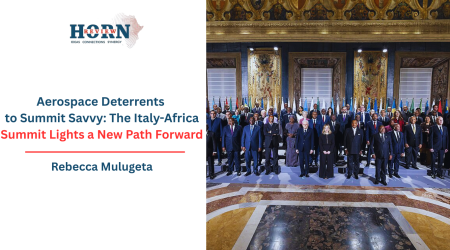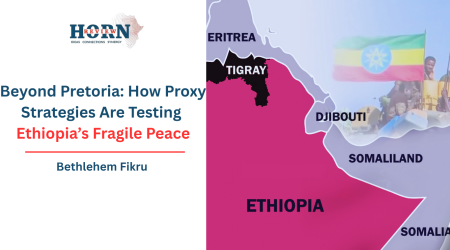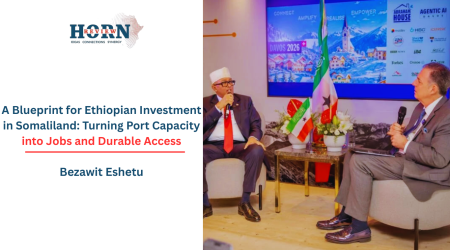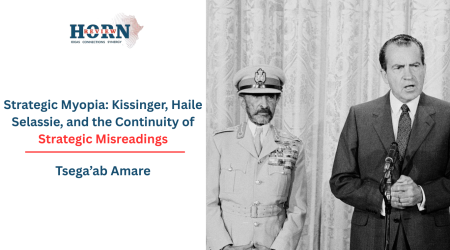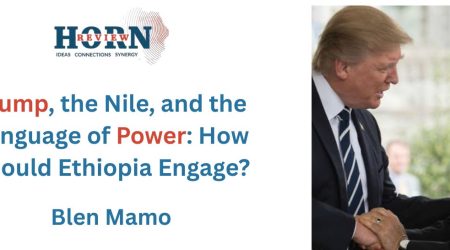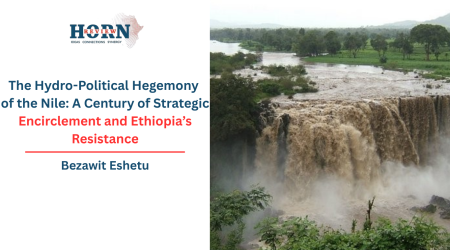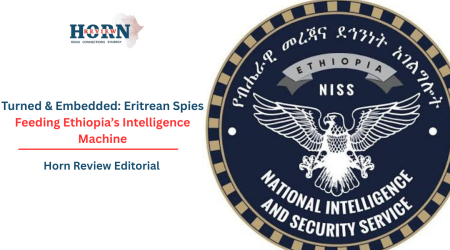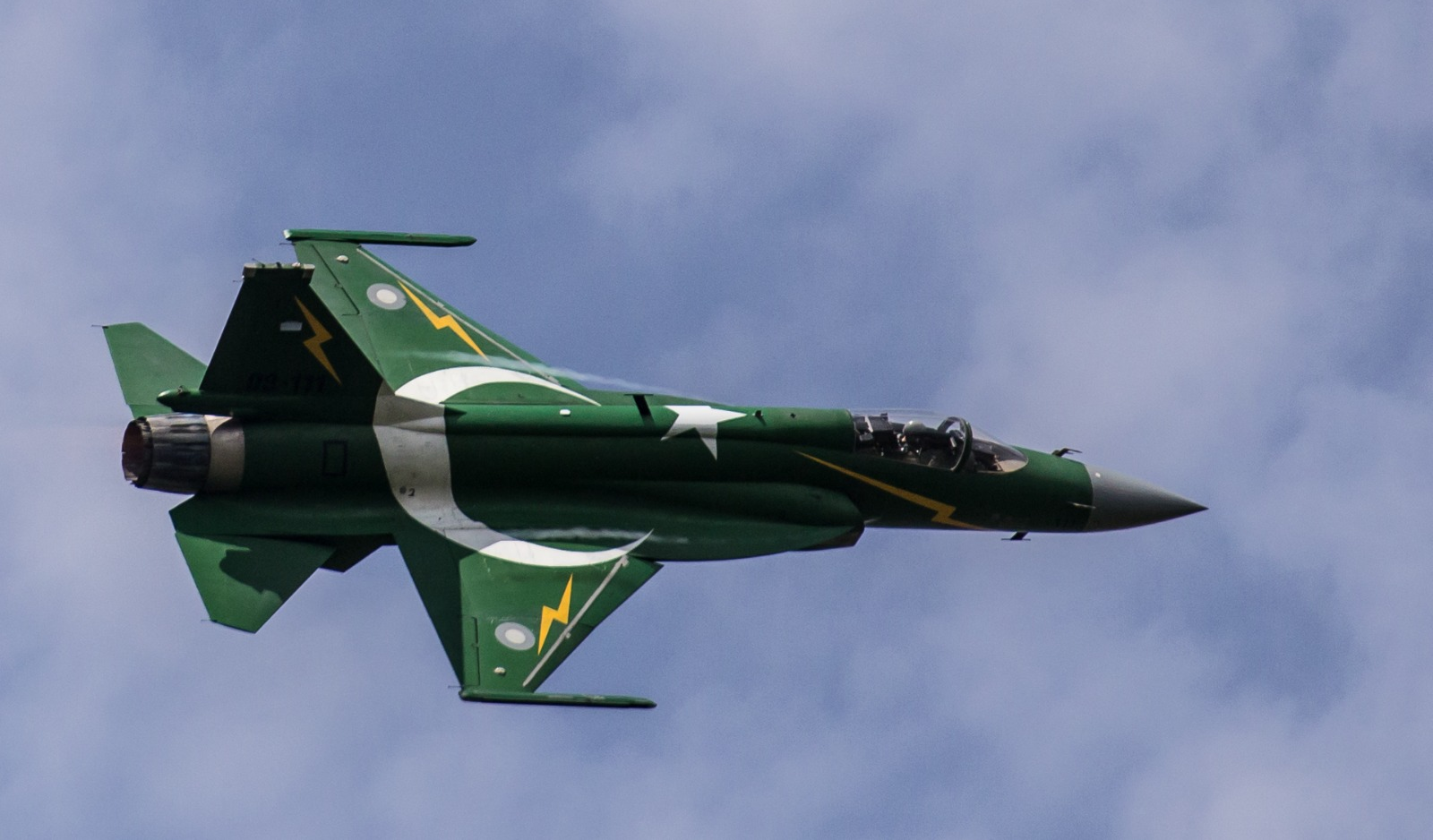
6
Sep
Is Ethiopia Looking To Pakistan For Air Power?
Ethiopia’s recent diplomatic and military outreach has revealed a clear interest in expanding its defence partnerships beyond its traditional circles. Among the emerging ties, its relationship with Pakistan stands out, particularly for its potential in the realm of air power. This is not a casual engagement. Over the past year, Addis Ababa has been investing political capital in Islamabad, aiming to turn diplomatic warmth into practical military cooperation.
The pace of engagement has been notable. In January, both countries agreed to increase cooperation at the level of their foreign ministries. By March, Ethiopia’s ambassador in Islamabad, Dr. Jemal Beker, held direct talks with Pakistan’s defence establishment, securing commitments to broaden military cooperation.
In August, Ethiopia’s Air Force Commander, Lieutenant General Yilma Merdassa, travelled to Islamabad for a high-profile meeting with Air Chief Marshal Zaheer Ahmed Baber Sidhu of the Pakistan Air Force. That visit was a deliberate signal that Ethiopia is seeking meaningful collaboration on air power and military modernization.
For Ethiopia, this courtship of Pakistan is part of a broader non-alignment strategy that has also included states like Russia, Belarus, and the United Arab Emirates. Each of these partners brings different assets to the table: Russian technical support, Belarusian combat hardware, Emirati investments in drones and aviation. Pakistan offers something distinct, its battle-tested air force that sits at the core of the country’s military identity.
Pakistan’s military is distinctive for the emphasis it places on air power. The Pakistan Air Force (PAF) is a central pillar of the state’s security architecture, with a doctrine built on precision strikes, deterrence, and technological adaptation. For Ethiopia, whose air capabilities have historically lagged behind its ground forces, this represents a useful model to study and potentially emulate. The engagement between Yilma and Sidhu indicates that Ethiopia is looking for equipment, doctrinal lessons, and operational experience.
What makes this cooperation particularly relevant is the shifting character of warfare, especially the growing role of drones. Unmanned aerial systems have changed the balance in many conflicts, offering low-cost but high-impact capabilities in surveillance, strike missions, and deterrence. Pakistan has invested heavily in this field, developing partnerships with China and pursuing indigenous production. Ethiopia’s interest in Islamabad reflects a recognition of this expertise. The demand is for aircraft, drone systems, and the know-how to integrate them into a wider defence structure.
The timing is important. The Horn of Africa remains one of the most unstable regions on the continent, with borders contested, alliances shifting, and conflicts never far from the surface. In such a landscape, deterrence matters. States with credible air power are better positioned to dissuade aggression, hedge against volatility, and project stability in their immediate neighbourhood. Ethiopia’s pursuit of stronger ties with Pakistan is a calculated move to expand its deterrence capacity at a time when traditional security guarantees are uncertain.
What stands out in this relationship is Ethiopia’s pragmatism. Non-alignment now predominates its institutions and is seen as a practical strategy. Addis Ababa is willing to work with whichever partners can supply capabilities and training without entangling commitments. Russia and Belarus provide legacy hardware and technical partnerships; the UAE has offered financial muscle and drones; Pakistan offers operational experience and an air force that has been forced to adapt under constant pressure. Together, these relationships reflect a mosaic approach to military modernization, with Ethiopia drawing selectively from each.
The diplomatic work being implemented by its embassy in Islamabad should also be understood in this light. Economic and cultural connectivity reinforces the military channels now being opened. It creates the infrastructure to sustain more regular exchanges of personnel and training programs.
Pakistan’s willingness to engage is deliberate. Islamabad has been pushing its “Look Africa” policy, with Ethiopia emerging as one of the key entry points to the continent. For Pakistan, Ethiopia’s weight as the seat of the African Union and a major regional power makes it a natural partner. The military dimension fits into a larger strategic calculation on both sides.
The central question is how far this cooperation can go. Ethiopia is not about to replicate the PAF’s structures overnight. Nor is Pakistan likely to divert major resources away from its South Asian priorities. Yet the symbolism of Yilma’s visit and the discussions around technology transfer, training, and institutional strengthening point to a relationship with momentum. Even modest advances, such as joint training programs or drone acquisitions, would mark a step change for Ethiopia’s air force.
By Mahder Nesibu, Researcher, Horn Review

